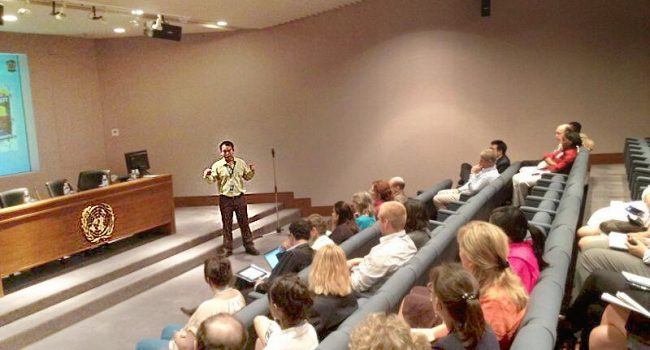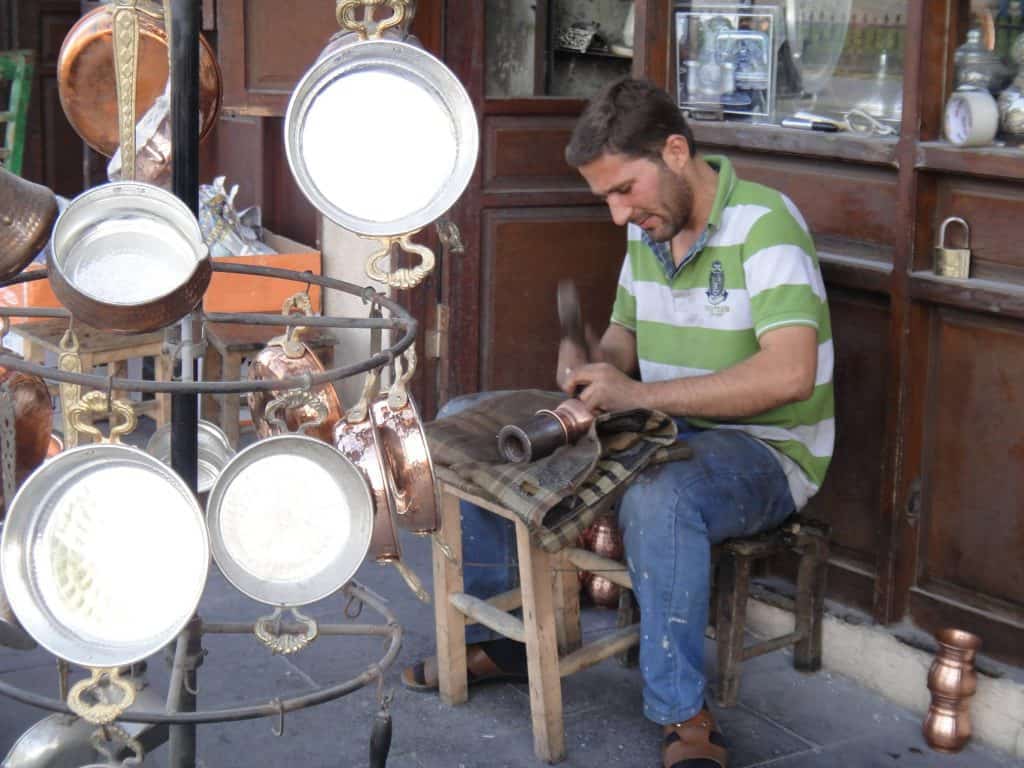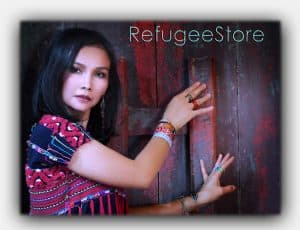About Us
Introduction
Earth International Foundation (EIF) was founded in 2016 by a group of international humanitarian workers, who at the time were working with the United Nation’s Turkish-Syrian-Cross-Border Mission.
In the beginning, EIF was driven by the urgency to alleviate the hardships facing the people affected by war crisis in Syria. As the crisis continued to worsen, prompting travel restriction into Syria for non-essential personnel, the joint cross-border program–in which EIF partnered with an Istanbul-based organization–had to transfer its aid delivery to a local third-party while remotely managing the program from Istanbul.
Such a scenario poses a challenge for EIF on the aspect of service appraisal with due diligence. Despite the robust accountability framework agreed upon by the partnering organizations, EIF realized that program monitoring & evaluation (M&E) would suffer elusive Key Performance Indicators (KPI) if it were to be undertaken by the same third party.
To this effect, EIF decided to depart its “remote-management” operations solely oversight by de facto third-parties, and rely more on the leadership and cooperation of the host communities and marginalized populations. EIF’s program activities that follow in the coming years engage more with diverse counterparts and in broader geography areas (not necessarily inside Syria alone).
By involving aid recipients and hosting communities to participate in the project development from which both could benefit, program evaluation appears to gain genuine feedback from a broader range of stakeholders, thereby creating real causal inputs to sustainable outcomes. Community participatory approach, as such, helps shape the vision with clarity for program direction in the long term. It fosters the cultivation of ‘change’ with traction to healthy growth.
Our Mission
With the inclusion of community participation as part of the program design, Earth International Foundation (EIF) has jointly developed a number of humanitarian projects in multiple regions around the World. Presently, EIF operates shoulder-to-shoulder with the communities in Turkey to rehabilitate the displaced populations from Syria.
In Bangladesh, our coordination with Government Agencies and the NGOs brings security risk analysis on par with the evolving situation surrounding Cox’s Bazar Rohingya temporary shelters. The mitigation measures providing security coverage to the humanitarian operations are of holistic, integrating the human aspect with the system-based approach.
The fully functional community-based project, which we aim to make it into a pivotal point for sustainability development, is the e-commerce platform. The platform engages hosting communities in Thailand to collaborate with the marginalized populations fleeing hardships from Vietnam, Pakistan, and Myanmar. It provides them with a new opportunity to reinvent their livelihoods while their temporary status is being processed. This e-commerce platform was only a pilot project in 2018. Presently though, it is a running app in the real world.
Motivating the communities to participate in the joint development with their marginalized counterparts needs various incremental strategic steps. To map out the interests from both parties, and to identify their overlapping needs, is a delicate process. It requires the economic understanding of the external environment, while the project administrator needs to be keen as well on cultivation “trust” amidst cultural differences throughout the process. The dynamic quality of which relies on how the platform is pre-configured to empower participants’ interaction with each other and the project to generate growth.
On the perspective of economic environment, the e-commerce platform matches the skills of the marginalized diasporas with the demands of the communities. The area in which their needs intersect with the value is the position a consideration is taken in light of market conduciveness for joint e-commerce.
By its design, the platform is open for the participants to commercially utilize their creativity, and pivot it into a production with an objective to foster the livelihood means. To resolve participants’ limitation (i.e. language, culture, technological advancement, and to a certain extent–the financial limitation) impeding them from utilizing the skills for productivity, EIF takes a lead role in logistical supports and capacity-building development to address the shortcomings.
Thus far, the platform has astonishingly induced an intrinsic trust from-and-to both parties as they directly interact with each other on the shared objectives. As such, the positive “change” we wish to see, being fostered organically by the platform, has a real impact to narrow down the social-gap set apart by the myth and stereotype against the marginalized and vice versa (Read Fostering Refugee Livelihood by Empowering Host Community).
Nevertheless, EIF realizes with humility, that an immense development is still needed if the platform is to be durable in the long run. However, we are optimistic from the positive outlook of what was originally intended as a pilot project, which has now gathered more than 2,000 supporters worldwide. We trust that with continued improvement, the steady growth at present will leap to benefit many others, and give rise to more innovations on humanitarian ground.
E-Commerce Monthly Subscribers 2019

Community participations help us with innovative humanitarian solutions meeting these objectives:
1) Design and implement livelihood development that is collaborated by the marginalized populations and the communities hosting them;
2) Raise public awareness on the betterment of economic and social cooperation between the marginalized and the communities hosting them;
3) Lead “capacity building” by leveraging human capital as a critical strategic resource for the sustainability of community development, the livelihood of the marginalized, and the functionality of the organization.

Impartiality & Neutrality
As EIF works with people from all spectrums of lives, it must remain neutral from pollical and religious agendas. Otherwise, the echo for “shared economy” participated by all members of the communities would lose its clarity in the polarity. Advocating for human rights is one thing. However, forging a convention to be accepted by the communities, who could barely feed their citizens, is unlikely to be warmly welcome. EIF believes that, in the absence of intrinsic desire within a community, advocacy for human rights will become avoid as the campaign runs out of the budget.
On the contrary, by emphasizing on a tacit lesson in which the communities learn from each other, the dynamic fitting best to their circumstances formulates with consensus. This consent is essential in aligning the communities to achieve a realized strategy needed for their development, and thus aid them to survive the cultural myopia. With the “hands-off” approach, EIF as an organization maintains its role as an advocate resonating a strategic direction to which the development from both parties can benefit in lieu of the infringement upon the rights of either.

